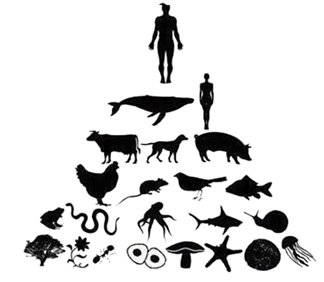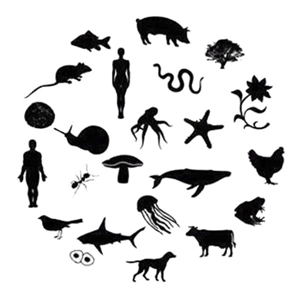
Background:
Sister Ivone Gebara, a Brazilian theologian, has committed her life to the economically poor and currently lives in Camaragibe (Recife, Brazil). She holds doctorates in philosophy and theology and has taught for 17 years at the Instituto Teologico do Recife alongside Dom Helder Camara. She is well-known for her leadership in the ecofeminist movement in Latin America, focusing on the concerns and needs of the poor.
Gebara writes:
I live in a poor neighborhood in order to feel more directly the pains of the impoverished. This allows me to do theology in another way—trying to feel the meaning of being exploited in all ways. This closeness is also a constant invitation to struggle for a different world with a least minimal justice – the right to eat, to work, to live and love with dignity.
In Longing for Running Water: Ecofeminism and Liberation, Gebara discusses the connections between Western thought, patriarchal Christianity and environmental destruction. She stresses the importance of personal conversion, a change of lifestyle in which we commit ourselves to “a new relationship with Earth and the entire cosmos.”
Through Gebara’s ecofeminist lens, we are challenged to reconsider our understanding of God and seek new ways to be in relationship with Earth.
Key points in Ivone Gebara’s Ecofeminist Theology:
- Language about God not only forms our theologies about God, but also shapes our behavior toward Earth and the vulnerable of creation.
- A renewed image of God is one in which God is embodied in the entire cosmos, in Earth and in all of life.
- God can be “encountered in a variety of expressions.”
- The immanence and the transcendence of God is inseparable. “Everyone and everything is potentially a sacrament of God.”
- When we speak of God, it is out of our personal experience. We experience and conceive of God as relationship and relating.
- God does not exist as a being separate from creation; God is always and everywhere present.
- God is within all creation.
- Through the centuries, two fundamental and dominant beliefs continue to weave through our lives and our theologies: anthropocentric beliefs—superiority of humans and androcentric beliefs—and the superiority of maleness. These two patriarchal and hierarchal lenses permeate many theological presentations and create a false understanding of God, setting up a destructive relationship between humans and non-humans.
- Patriarchal and hierarchal views that claim humans are better and have a higher status than the rest of creation have led to a systemic behavior of domination by humans over all non-human creation, creating a sense of superiority over all other life.
- God as relatedness compels us to experience our world differently, not better than, the rest of creation.
- The first image below is often used to depict the place of all creatures in relationship to –one another—the pyramid of life. The second image includes the same components but puts them in a different relationship with one another—the community of life.


- We are challenged to expand our concepts and metaphors of God, and we are called to share experiences of God that are not bound to anthropocentric images. We can shift away from images of God that are hierarchical, dominant and androcentric and embrace the diversity that reflects more fully who God is. Gebara explains:
“The invitation to love and to be mercy does not come from a reality that is external to us; rather it is an urge that is present in our very humanity. Within our very being, there throbs in us an incredible attraction toward other beings, toward creation. We must allow our life experiences to be our first teacher.”
Questions:
- How did your family and your childhood experiences shape your perspective of God? In what ways did your perspective of God shape your interactions with creation, creatures and the Community of Life?
- In what ways has the community shaped your relationship to God and Earth? What did you find yourself letting go of? How have your values shifted?
- What about Gebara’s theological lens challenged you? What about Gebara’s theological lens inspired you or affirmed your own experience of God?
- What do these two images of life say to you?
- Which ecofeminist values created tension within you as you have listened deeply to experiences of trauma? What has emerged in you?
- What from the lens of ecofeminism is important for you to keep in mind and heart as you grow in awareness of the impact of extractivism on people, communities and Earth?